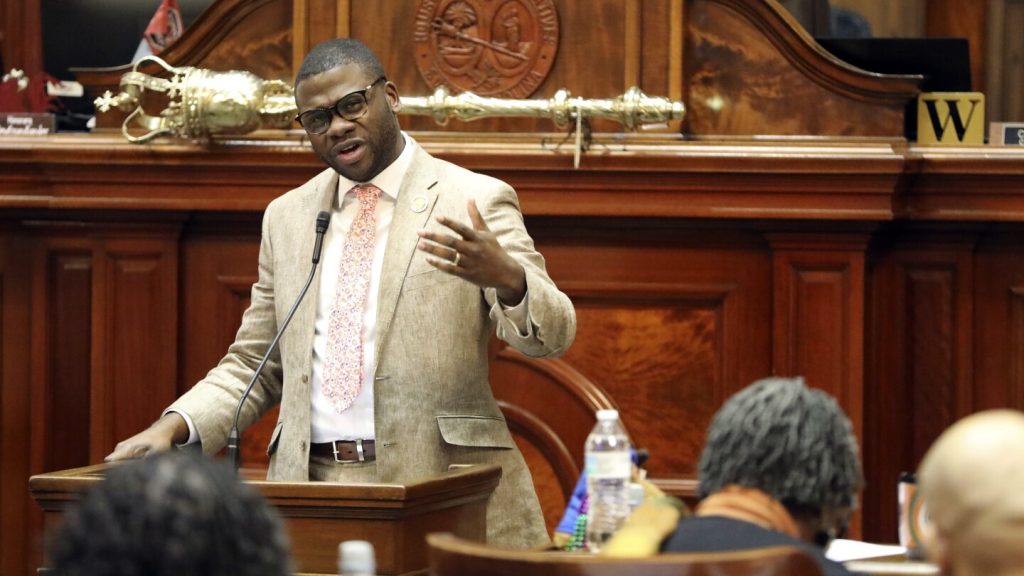The South Carolina House recently passed a bill that aims to restrict diversity, equity, and inclusion initiatives at public colleges and universities. The bill was celebrated by the House’s conservative wing, with Republicans voting to limit debate and prevent further changes to the proposal. Democrats, however, argue that DEI programs are essential to ensure that schools meet the needs of diverse student populations. They believe the bill is simply a manifestation of fear surrounding the concept of being “woke.”
One of the primary concerns raised by Black lawmakers is the lack of representation in crafting the legislation. Rep. Leon Howard expressed his offense at not having Black people involved in creating a bill that claims to ensure equal treatment for all. Howard, a Democrat who has been in the House since 1995, shared his experiences with racism in the business world, highlighting the importance of diverse perspectives in decision-making processes.
The bill, which prohibits colleges from considering DEI factors in student admissions and hiring, does not clearly define what constitutes diversity, equity, and inclusion. It does, however, require universities to report on the costs of their DEI programs and how they handle complaints related to them. Despite assurances that the bill will not impact grant applications or accreditation processes, some lawmakers fear that it will hinder discussions on important issues such as discrimination.
Democratic Rep. Kambrell Garvin, a lawyer and former teacher, argued that the bill stifles the concept of diversity and limits the freedom to teach and learn. He emphasized the importance of engaging with diverse viewpoints and addressing ongoing discrimination in the United States. The future of the proposal in the Senate remains uncertain, as the General Assembly has limited time left in its session to debate such contentious issues.
The bill in South Carolina reflects a larger trend in state legislatures across the country, where Republicans and Democrats are pushing conflicting definitions of fairness and opportunity in education and the workplace. Democratic lawmakers in several states are advocating for greater consideration of diversity, equity, and inclusion through various measures. In contrast, Republican lawmakers have introduced numerous bills to restrict or prohibit such initiatives, demonstrating a broader ideological divide on these important issues.


